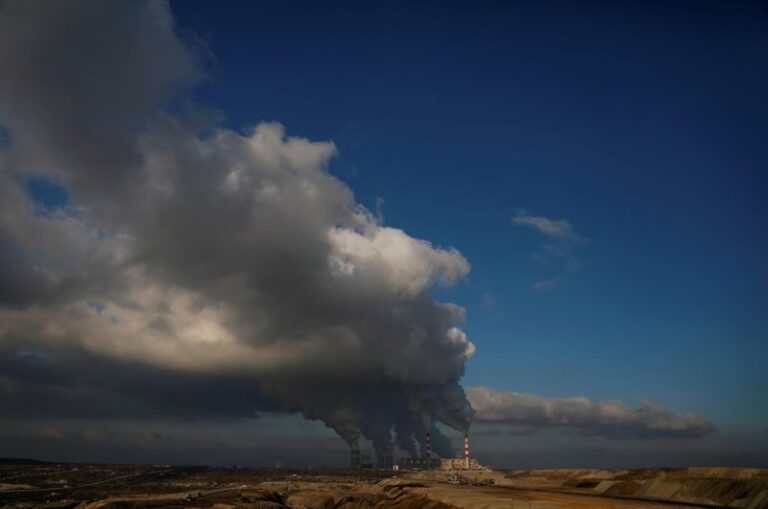
(Reuters)—Pressure from Joe Biden’s new green-leaning U.S. administration and Australian states could see Canberra set a goal to become carbon-neutral by 2050, climate experts said, urging stronger policies to phase out fossil fuels and push sustainable farming.
Australia’s reliance on coal-fired power makes it one of the world’s largest carbon emitters per capita. Green groups have long lobbied the federal government to wean itself off fossil fuels, especially after devastating bushfires last year.
Suzanne Harter, a climate campaigner at the Australian Conservation Foundation, said the likelihood of a carbon-neutral aim being set ahead of the U.N. climate summit in November will increase as pressure builds for more ambitious climate action.
“There is a chance the prime minister will bow to domestic and international pressure and seek to avoid further embarrassment on the global stage by announcing a net-zero goal before November,” Harter told the Thomson Reuters Foundation.
“Based on commitments Australia has already made under the Paris Agreement, the terrible impacts of global heating on Australia and the pressing need for policy certainty, the government should already have set this target,” she added.
Under the 2015 Paris Agreement to tackle global warming, Australia pledged to cut greenhouse gas emissions by at least 26% by 2030 versus 2005 levels.
But according to analysis by research coalition Climate Action Tracker, Australia’s current climate policies are “insufficient”, and it has continued to signal its support for the coal industry.
Late last year, Australia said it would achieve its 2030 emissions target without counting old carbon credits – but that shift was not enough to secure it a speaking slot at a “climate ambition summit” held to mark the Paris deal’s fifth anniversary.
Australia is seen as a regional laggard on climate by some green groups, who cite pledges for zero-emissions by mid-century made in recent months by China, Japan and South Korea.
Nikola Casule, head of research and investigations at Greenpeace Australia Pacific, said Australian states and corporations were setting an example for leader Scott Morrison to adopt a national policy of net-zero emissions by 2050.
“All Australian states and territories have made the commitment, as well as more than 100 Australian businesses and organisations, and our biggest trading partners such as China – net-zero by 2060 – Japan and South Korea,” he said.






